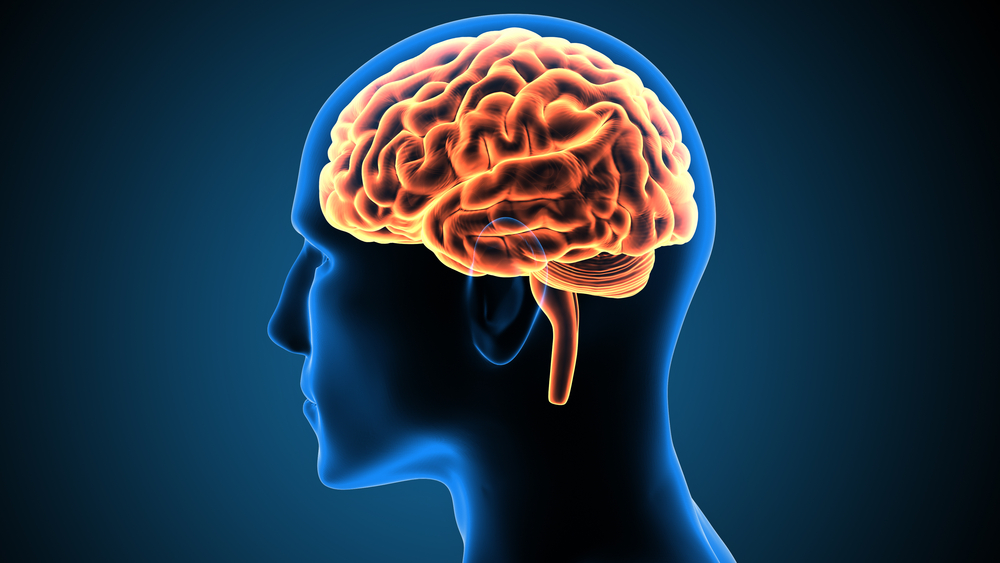Comments
- No comments found

Artificial intelligence (AI) is breaching new frontiers in understanding human emotions through computational models, spearheaded by a groundbreaking study from MIT neuroscientists.
This study has led to the development of a unique computational model that can predict emotions such as joy, guilt, and envy, effectively simulating human social intelligence. Based on the principles of ‘inverse planning’, this model predicts emotional responses in specific contexts, distinguishing itself from conventional AI models that react to emotions rather than predict them. It uses appraisals to gauge the alignment of situations with individual preferences and maps these to emotion labels. The ongoing research aims to broaden the predictive capabilities of this model, heralding a future where AI can ‘read’ human emotions, thus bridging the gap between artificial and human intelligence. Artificial intelligence has ventured into vast and diverse fields, ranging from big data analytics, medical diagnostics, to driving autonomous vehicles. However, a novel frontier has emerged recently, presenting the tantalizing potential of predicting human emotions from facial imagery. This new development finds its roots in a pioneering study by MIT neuroscientists who have contrived a computational model capable of anticipating human emotions.
Human interactions are intricate and multifaceted, encompassing various nuances that add to their complexity. We often utilize a cognitive ability known as the “theory of mind” to decipher others’ thoughts, desires, and emotions. This process involves an intuitive ability to predict another’s response or emotional state in reaction to specific circumstances. The intriguing question we now face is: Can machines accurately simulate this intuition? According to the breakthrough study by MIT, it appears they can.
The MIT neuroscientists have designed a unique computational model capable of predicting emotions, including joy, relief, guilt, and envy, effectively emulating human social intelligence. The model is grounded in the context of a public high-stakes social dilemma, utilizing the ‘inverse planning’ method to deduce a person’s beliefs and preferences. These preferences account for social desires for fairness and reputation maintenance.
Contrary to numerous AI models trained to react to an individual’s emotional state, the MIT model stands apart due to its predictive ability. It goes beyond reactive measures, providing insights into potential emotional responses before an event occurs.
The model integrates three essential components to anticipate emotions. Firstly, it applies ‘inverse planning’ to infer an individual’s preferences and beliefs from their actions. Secondly, these inferred mental factors, along with the event’s specifics, are utilized to compute ‘appraisals’. These appraisals gauge whether the situation aligns with the individual’s expectations and fulfills their preferences. Lastly, the computed appraisals are mapped to emotion labels, allowing the model to match human observers’ predictions of various emotions.
The next phase of this research aims to extend the model’s predictive capability across a wider range of situations, not limited to the game-show scenario of the initial study. The ultimate goal is to formulate models capable of predicting the outcomes based on participants’ facial expressions after the revelation of results. This endeavor signifies a considerable advancement in the AI field, signaling the advent of a time when AI can accurately ‘read’ human emotions. Its potential applications are vast and encompass a wide range of sectors, including healthcare, customer service, entertainment, and security. This innovative blend of AI and emotional intelligence is drawing us closer to the development of human-like AI, capable of deciphering our complex emotional world. This notable advancement in AI signifies a future where technology not only understands our commands but also our feelings. It marks the dawn of AI that aligns itself with the human experience, further bridging the gap between artificial and human intelligence.
John is the #1 global influencer in digital health and generally regarded as one of the top global strategic and creative thinkers in this important and expanding area. He is also one the most popular speakers around the globe presenting his vibrant and insightful perspective on the future of health innovation. His focus is on guiding companies, NGOs, and governments through the dynamics of exponential change in the health / tech marketplaces. He is also a member of the Google Health Advisory Board, pens HEALTH CRITICAL for Forbes--a top global blog on health & technology and THE DIGITAL SELF for Psychology Today—a leading blog focused on the digital transformation of humanity. He is also on the faculty of Exponential Medicine. John has an established reputation as a vocal advocate for strategic thinking and creativity. He has built his career on the “science of advertising,” a process where strategy and creativity work together for superior marketing. He has also been recognized for his ability to translate difficult medical and scientific concepts into material that can be more easily communicated to consumers, clinicians and scientists. Additionally, John has distinguished himself as a scientific thinker. Earlier in his career, John was a research associate at Harvard Medical School and has co-authored several papers with global thought-leaders in the field of cardiovascular physiology with a focus on acute myocardial infarction, ventricular arrhythmias and sudden cardiac death.
Leave your comments
Post comment as a guest